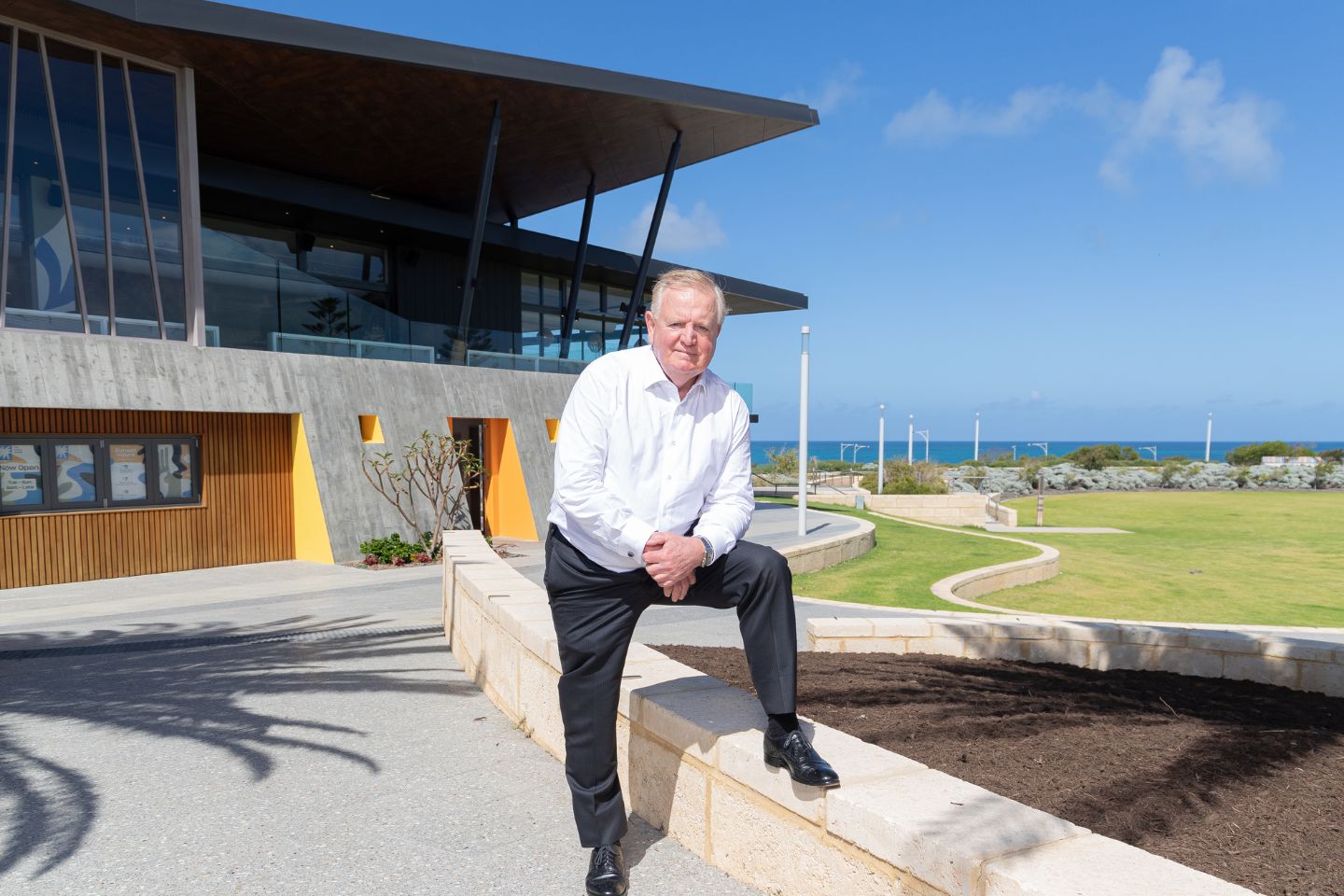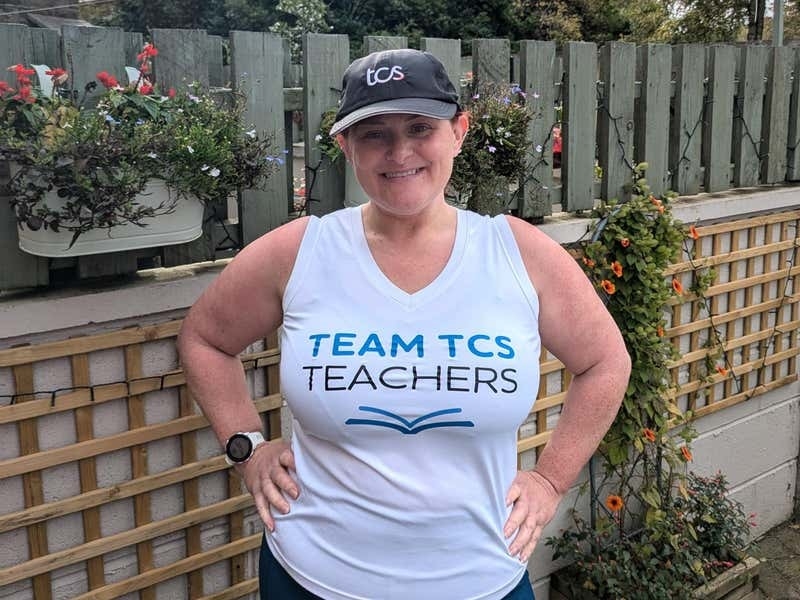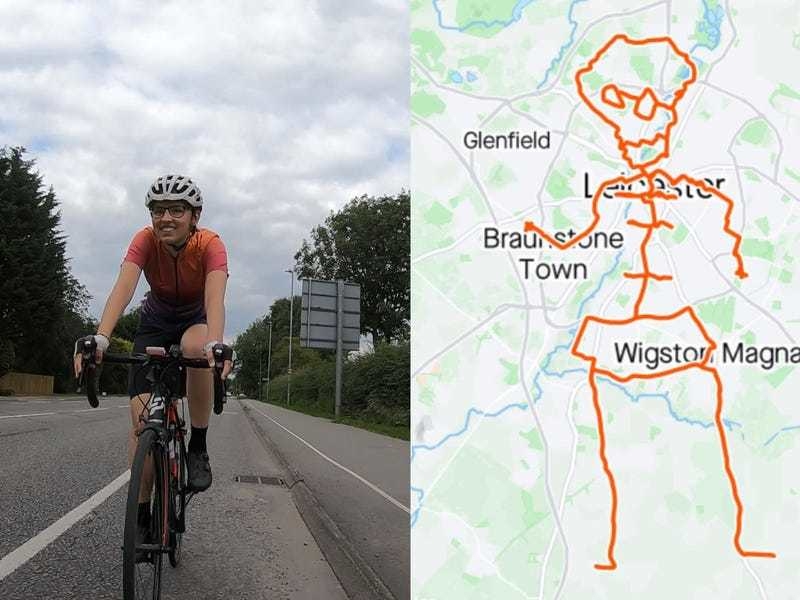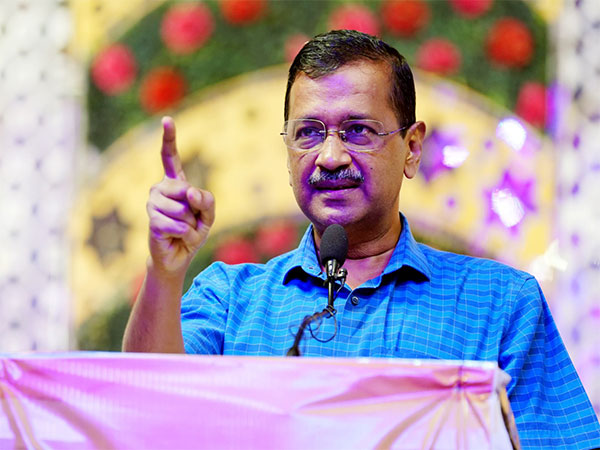
When I gave up alcohol, I thought my husband would leave me. Going sober can end in divorce..
. but could also save your marriage By Lauren Rippin Published: 12:37, 18 October 2024 | Updated: 12:37, 18 October 2024 e-mail 1 View comments Normally, the invitation to a dinner party to celebrate a close friend's birthday would have been received with excitement. There'd be cocktails in the garden, then champagne (then more champagne).
A selection of beautiful wines to go with dinner, then a cheeky liqueur or two over coffee. If someone decided to crank up a 1990s music playlist, there might even be some dancing, while we polished off the rest of the fizz (sacrilege to let it go flat). At midnight, my husband Adrian and I would catch a taxi home to our house in Leeds, giggling and cuddling on the back seat – willing ourselves not to slur in front of the babysitter when we got home.
When I hit 40 my body started to object. First, it was to certain wines and champagne, then spirits such as gin and, eventually, all alcohol A lovely evening, then. Perfect.
Only this time, when the invitation came, I felt a bolt of anxiety. The thought of all that alcohol made me feel uneasy. Because this time, I wouldn't be drinking.
And yet Adrian still would be. Therein lay the problem. Around three months before, I'd decided to give up alcohol completely - sparked by fears of the impact it was having on both my mental and physical health - but was terrified about the effect that abstinence might have on our marriage.
We'd always been a couple who enjoyed a drink. Now, I worried would Adrian resent this prude sensibly sipping her mineral water? Would he miss the daft, spontaneous, tipsy Lauren, the one who always made him laugh? The one he'd fallen in love with and married? Even worse, would he stop wanting to socialise with me? Would we grow apart? Would this 'boring' reincarnation of his wife leave him wanting a new woman? From the day we met in a bar in 2007 when I was 30 and he was 29, Adrian and I were drinking buddies. Our leisure time as a couple was spent with a tipple in hand, be it on evenings out in cocktail bars, at live gigs or on summer holidays.
When our daughters - Daisy, now 16, and Ruby, 12 - came along our drinking habits matured for a while. Boozy late nights were replaced with the odd glass of something to take the edge off the day or to accompany a lovely meal. It was strange at first watching Adrian drink alcohol when I wasn't But we still had the odd 'blow-out' every few months, where one or both of us would end limping through the next day horribly hungover.
I was a classic British binge drinker and loved the feeling of abandonment. However, when I hit 40 my body started to object. First, it was to certain wines and champagne, then spirits such as gin, and eventually all alcohol.
A red rash would creep up my neck while I was drinking, the hangovers were worse and came with crushing anxiety. Still, I carried on. When Covid hit and I couldn't continue my work as a make-up artist and facialist, drinking at home or in the garden in the beautiful weather we had during spring 2020 became extremely appealing.
Suddenly, I found my 'off' switch no longer existed; in the past, no matter how heavy the night, I always knew when to stop – but now, I didn't. Take the warm summer's evening when I'd put the girls to bed and sat in the garden with a bottle of wine waiting for Adrian to get home from a evening out with his friends. Read More EXCLUSIVE I used to down a bottle of wine a night.
Now I can stop at one glass thanks to Ozempic for drinkers It took me under 30 minutes to blow £800 on dresses online for a friend's glitzy birthday party, and tickets to a gig in London plus a hotel for the night. Luckily, Adrian rolled his eyes and laughed it off at the time, but I was worried. That feeling of just wanting more and more, of being out of control, scared me.
Come summer 2021, I began experiencing symptoms of perimenopause, including brain fog, anxiety and total apathy. In short, I'd lost my get up and go. Endless research into what I could do to reduce my symptoms repeatedly led me to the same advice: quit alcohol.
I signed up to a thrice-weekly, six-week exercise bootcamp starting in September 2021 on a mission to feel fitter and healthier, but not until we'd had one last blowout during a weekend away in the Yorkshire Dales with friends who are big drinkers. Bedridden with a horrendous hangover the next day, I was unable to join Adrian and our friends for a planned country walk and pub lunch. That's when I vowed really to make this fitness bootcamp work.
For the six-week duration, I wouldn't touch a drop of alcohol. I attended three mornings a week at 6.30am for an hour's vigorous exercise.
Many of the other women there were feeling much like I was. After just a few weeks, I felt infinitely healthier and more energised as a result of exercising and not drinking, so began devouring podcasts about going sober and joined online communities of others doing the same, including a group called the Sober Butterflies in Leeds, which encourages socialising without alcohol. I decided I didn't want alcohol in my life any more.
Full stop. Yet I couldn't help but feel nervous as I told Adrian my decision. There wasn't anyone else in our social circle who'd given up alcohol and I didn't want him to misinterpret my own choice as wanting him to stop too.
However, he was wonderful and told me: 'I just want you to be happy, but you haven't been happy when I've seen you drinking recently, which isn't good for either of us.' Still my thoughts raced with fears that without alcohol our relationship would be changed irrevocably. I genuinely believed that he would leave me.
My worries say a lot about just how integral alcohol is to all forms of British socialising, be it a night in or a day out. That dinner party? No, it wasn't the same, of course it wasn't. It was strange at first watching Adrian and the others drink and feeling like I was on the outside looking in, but I never got the old pang that maybe one drink wouldn't hurt.
Because now I knew that it was rarely 'just one' - and I'd remember how wonderful I'd feel the next day without a hangover. There have been other times I've had to dig deep, though. Christmas is always a challenge when everyone else is indulging in champagne and mulled wine, and on a lovely hot summer's day resisting the lure of a beer garden tests my resolve.
But I won't allow myself so much as a glass of wine because I don't want to feel the way I used to. I feel great without alcohol and I'm at a point where I really don't need it in my life. Last October, an all-inclusive holiday in Turkey was another milestone - remove cocktails and cold beers from that sort of holiday and it becomes a bit mundane.
Still, I didn't miss drinking one bit. I can't claim that it's all been plain sailing, though. There have been nights where I've inevitably felt like a nag when I say it's time to go home and Adrian still has a drink in his hand.
Nobody likes to be the one always to play the role of party pooper. But, gradually, I started to notice Adrian making changes of his own. Conscious that we're now in our late 40s - I'm 48 and he's 46 - he has naturally distanced himself from regular drinking too.
'Wholesome' is how we describe the fun we have as a couple now. Rather than connecting over alcohol, we enjoy chatting while taking our dog for long walks and going to the gym together. Pretending a bracing country walk comes close to the high of a silly, boozy night with my husband, when we both feel like teenagers again, is pointless, but equally there aren't the lows of hangovers and self-loathing either.
And it has been comforting to realise, as we enjoy everything from drink-free dinners to sober music festivals together, that it wasn't the booze that connected us, but our shared enjoyment of each other's company. Now, I can't think of an occasion - or relationship - that could be improved by drinking. I had my fun, but listening to my body and stopping drinking was the best thing I could have done.
Abstinence coupled with HRT and exercise means I'm mentally and physically healthier than I've been in years. And my marriage is stronger than ever. ADRIAN SAYS: When Lauren confessed her worries about how it would affect us as a couple, I encouraged her not to worry Hand on heart, there are elements of tipsy Lauren that I do miss.
It's the moments of silliness and spontaneity I miss the most, when alcohol had taken the edge off things and Lauren and I would completely relax and have fun, something that can be hard to do amid the stress of work and parenting two daughters. I have to admit, drinking is so ingrained in the British culture and was such an integral part of our own social lives that when Lauren first told me she was giving it up I didn't contemplate that she'd actually stop completely. That said, I'd never seen alcohol as being at the centre of everything we did together - our relationship has always been about far more than that.
Many a time she'd have a glass of wine at home then the rest of the bottle would sit in the fridge, untouched for a week. In more recent years we could both take it or leave it, and having a drink was a by-product of going out for a meal, not the sole focus of an evening. When she confessed her worries about how it would affect us as a couple, I encouraged her not to worry.
For example, I pointed out that there were certain friends who we only ever met for dinner and - although we'd enjoy drinks as part of that - we never met them specifically to get drunk. And, of course, I reassured her that I love all the different versions of her, not just the one who's giddy after a few too many glasses of champagne. But there's no denying that not drinking did change her.
For the first two years of sobriety, Lauren became a self-conscious version of her old, gregarious self, apologising when she ordered water or a no-alcohol beer on social occasions and labelling herself as 'the boring one'. Even though she could never be boring if she tried, sober or not. My own worries were centred on how Lauren might react differently to me drinking when she wasn't.
After all, everyone knows that being sober around drunk people isn't much fun. We have a rule now that if we start a serious conversation when I've had a drink, we park it and talk the next day. And I've had to get used to her telling me it's time for us to go home from a night out with friends because she's driving and has had enough - which I've appreciated the following morning when I'm not tired and hungover, but not necessarily at the time.
Persuading Lauren to cave in and have a drink with me would be completely unfair and, actually, I wouldn't want to because I'm incredibly proud of the resolve she has shown to stop. Ultimately, Lauren's abstinence made us reinvigorate our relationship and, although I do still enjoy a drink now and again, I've realised I can enjoy myself without it too - whether with Lauren or my friends. For example, where once I'd have three or four pints at a live music gig, now I don't bother and it doesn't lessen the enjoyment.
We've definitely adapted to life with no alcohol (Lauren) and less alcohol (me). But it turns out that's not a bad thing because there are so many lovely things we now do together that don't involve drink at all. As told to Sadie Nicholas London Leeds Share or comment on this article: When I gave up alcohol, I thought my husband would leave me.
Going sober can end in divorce...
but could also save your marriage e-mail Add comment.










